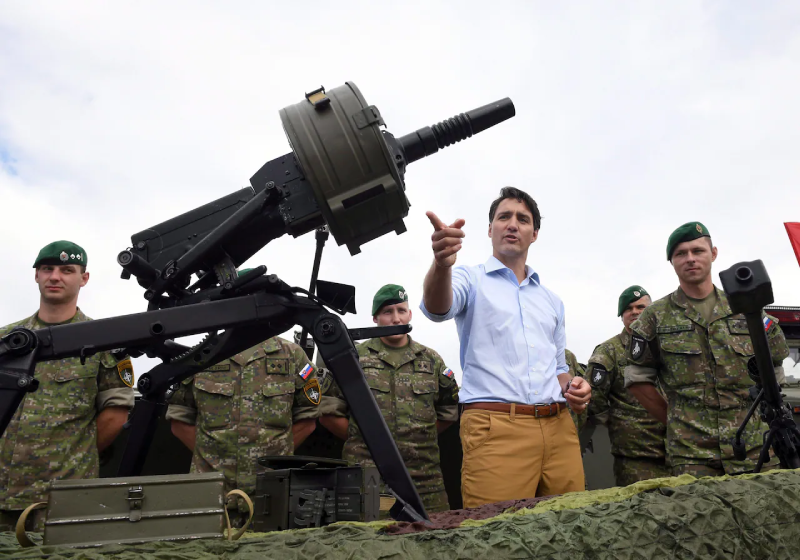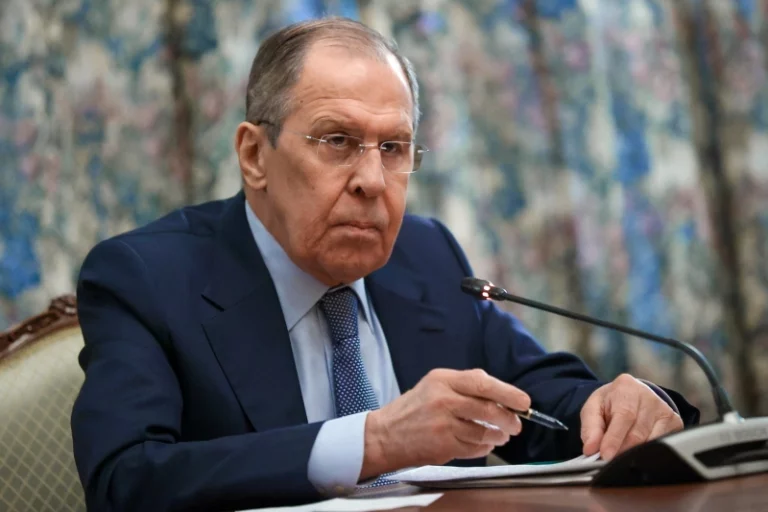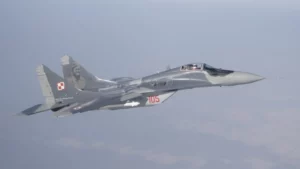The Canadian military has announced plans to fast-track the purchase of new anti-tank missiles, air defense systems, and counter-drone equipment for its battlegroup in Latvia in response to the ongoing conflict in Ukraine. The announcement came from Defence Minister Anita Anand, who noted that the systems are urgent operational requirements to equip Canadian Armed Forces members deployed on NATO’s eastern flank.
Canada currently has around 700 troops in Latvia, where they have been stationed since 2017. The first tranche of equipment that the Canadian military plans to purchase is a portable anti-X missile system, which will acquire anti-tank missiles and simulators for training.
The country will soon issue a request for bids and award a contract in mid-2023. The department declined to release budget details on the three new projects.
Protection against small drones
One of the projects is the Counter Unmanned Aerial Systems (CUAS), which will purchase a system to protect against small drones. A request for information was issued to defense and aerospace firms on March 2, and contracts for various systems are expected to be awarded in fall 2023 and January 2024. The military plans to acquire both vehicle-mounted and fixed-site systems.
The air defense project will equip Canadian units in Latvia with a soldier-portable very-short-range air defense system.
The Canadian military hopes to release a request for bids in the summer and award a contract in early 2024, according to Department of National Defence spokesman Dan Le Bouthillier.
Commitment to NATO
Canada’s leadership of the NATO battlegroup in Latvia demonstrates the country’s unwavering commitment to the alliance. This commitment has been reinforced by the ongoing conflict in Ukraine, where Canada has spent over CA$1 billion (U.S. $724 million) on equipping Ukraine’s military since Russia invaded the country in February 2022.
In January 2022, the Canadian government announced it would purchase a surface-to-air missile system for Ukraine, although no further details are available.
The move by the Canadian military to fast-track the purchase of new anti-tank missiles, air defense systems, and counter-drone equipment is likely to have a significant impact on the global economy and global audience.
Boosted military spending
The ongoing conflict in Ukraine has led to increased military spending by many countries, including Canada, as they seek to equip their forces with the necessary tools to counter the threat of Russian aggression. The global economy may also be affected as a result of this increased spending, as military budgets are diverted away from other areas, such as social programs and infrastructure development.
The Canadian forces and its commitment to the NATO alliance is likely to have implications for the global audience. As tensions between Russia and the West continue to escalate, the role of NATO as a collective defense organization is becoming increasingly important.
The Canadian military’s support for the NATO battlegroup in Latvia is a clear signal of the country’s commitment to the alliance and to deterring Russian aggression. This commitment is likely to be noted by other NATO members, as well as by countries outside the alliance who are watching developments in the region closely.
Its decision to fast-track the purchase of new anti-tank missiles, air defense systems, and counter-drone equipment for its battlegroup in Latvia reflects the ongoing tensions between Russia and the West, and the importance of NATO’s role in deterring Russian aggression.
The move is likely to have implications for the global economy and global audience, as other countries seek to respond to the threat of Russian aggression and reinforce their commitment to collective defense.
















